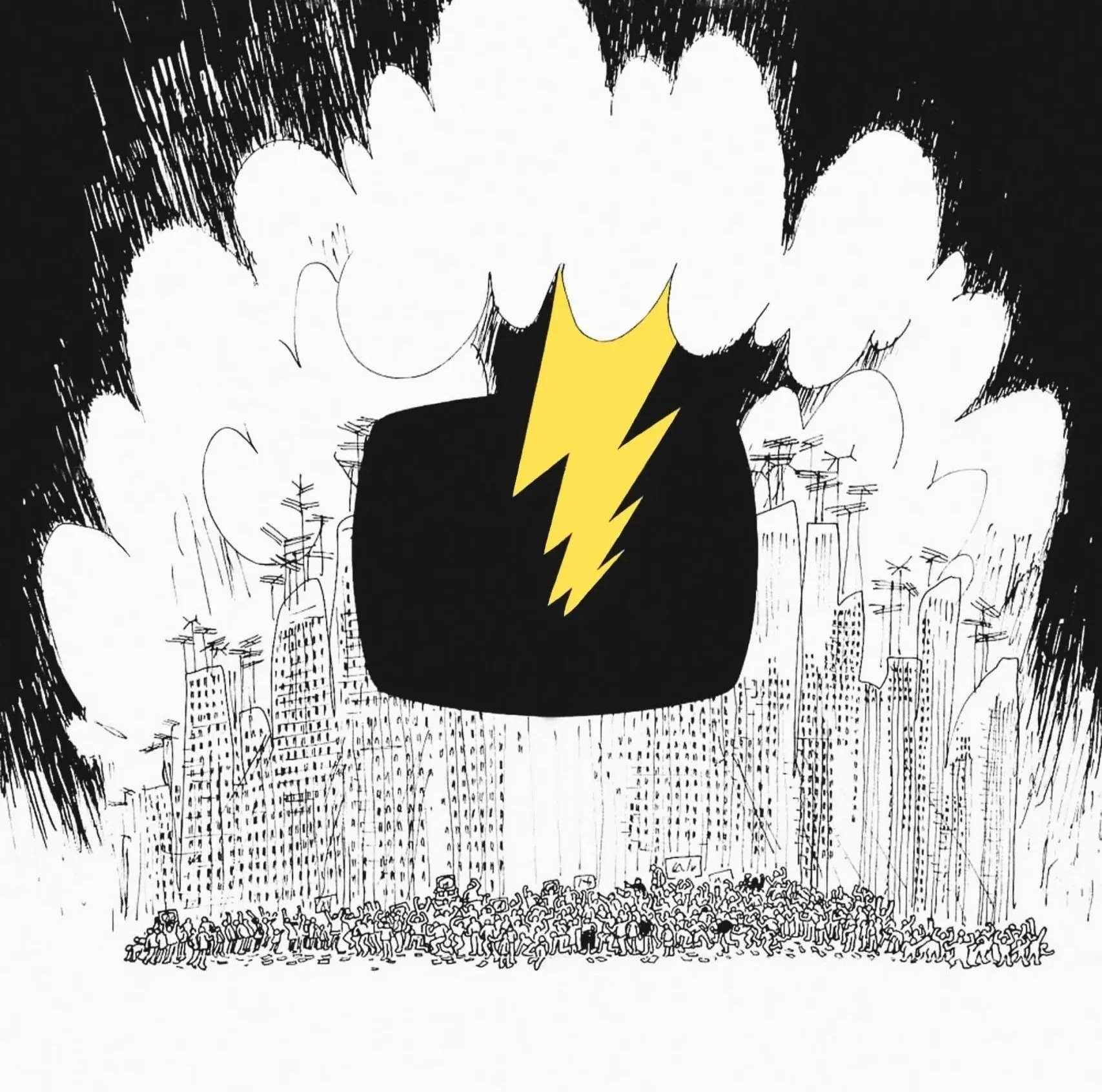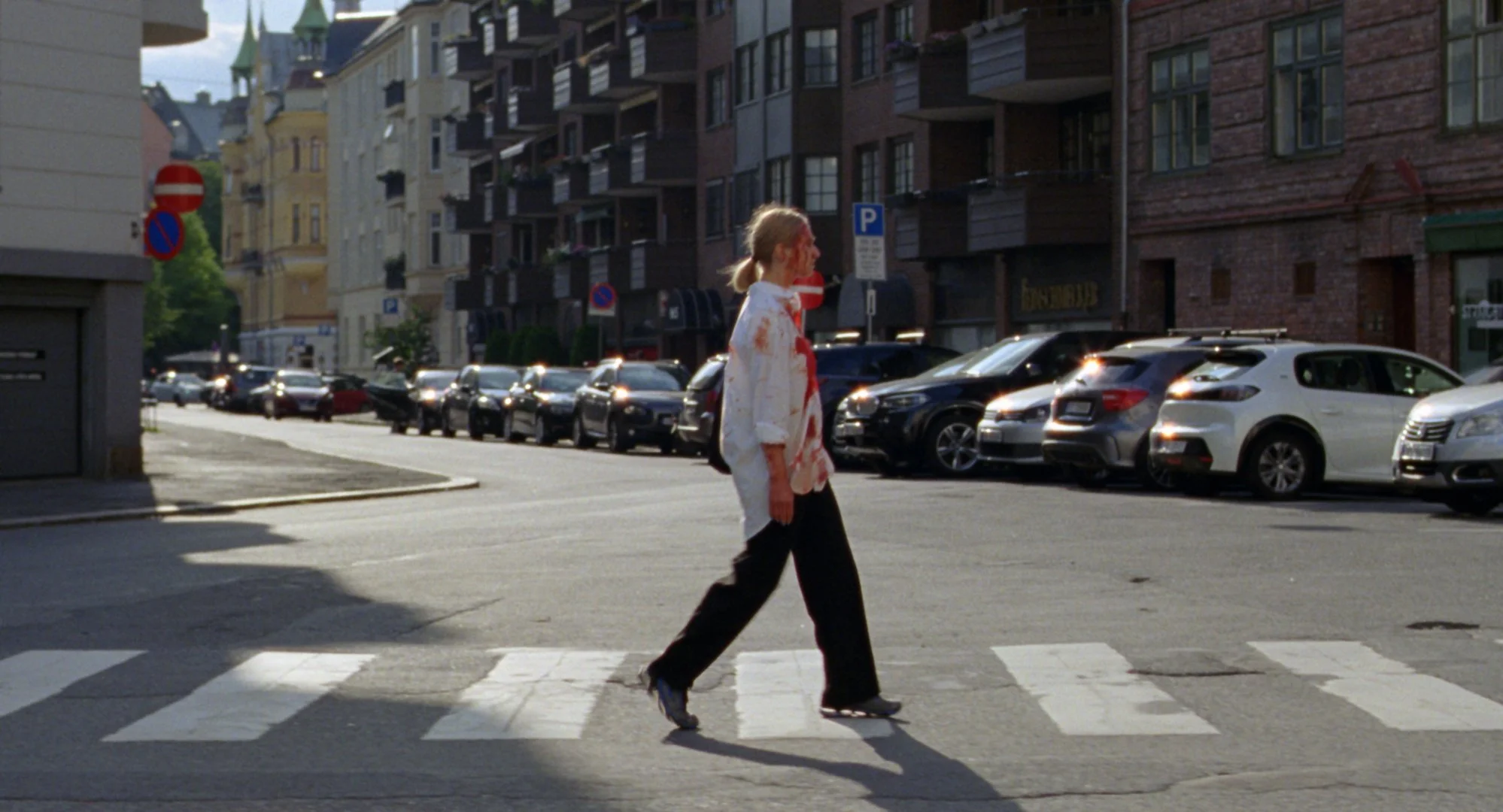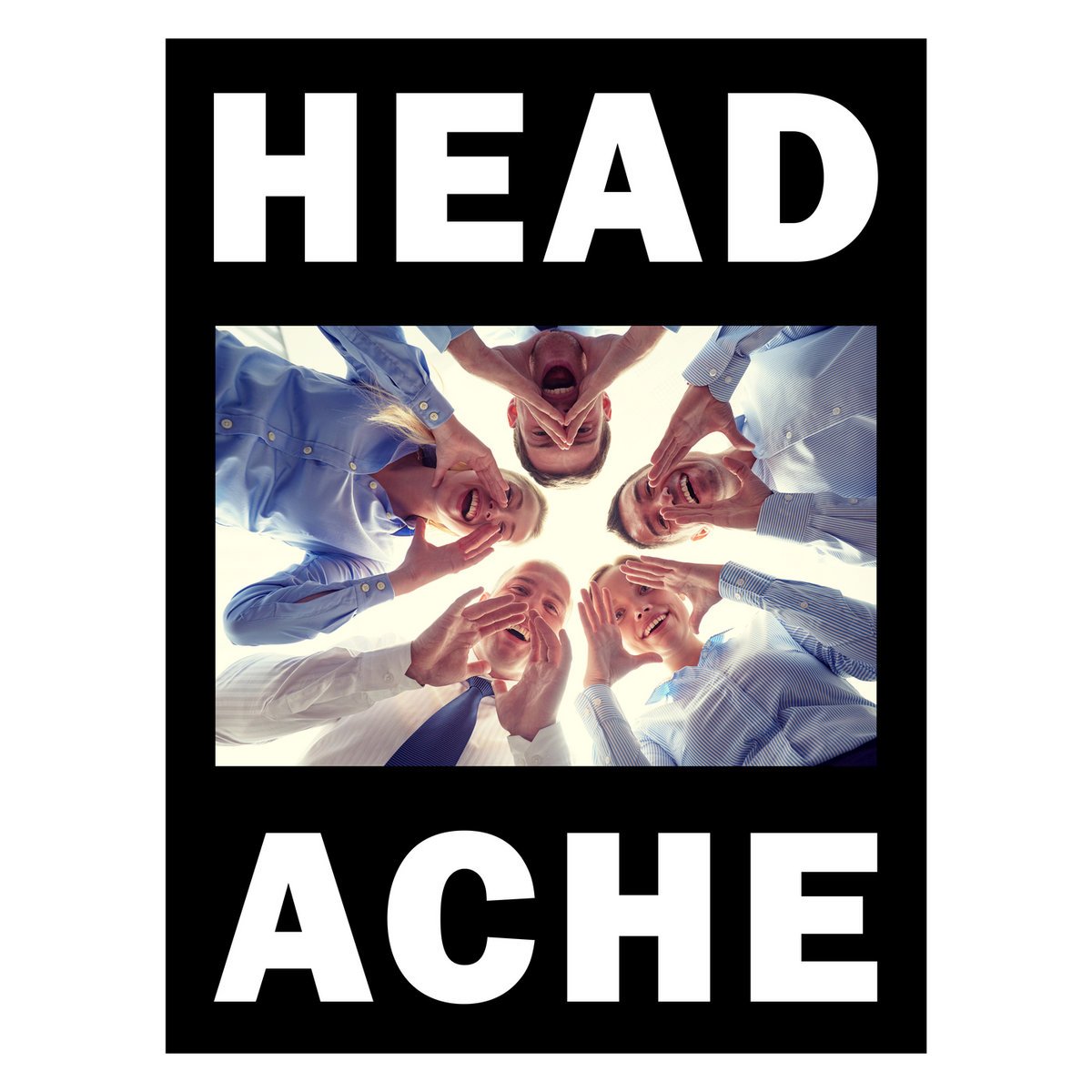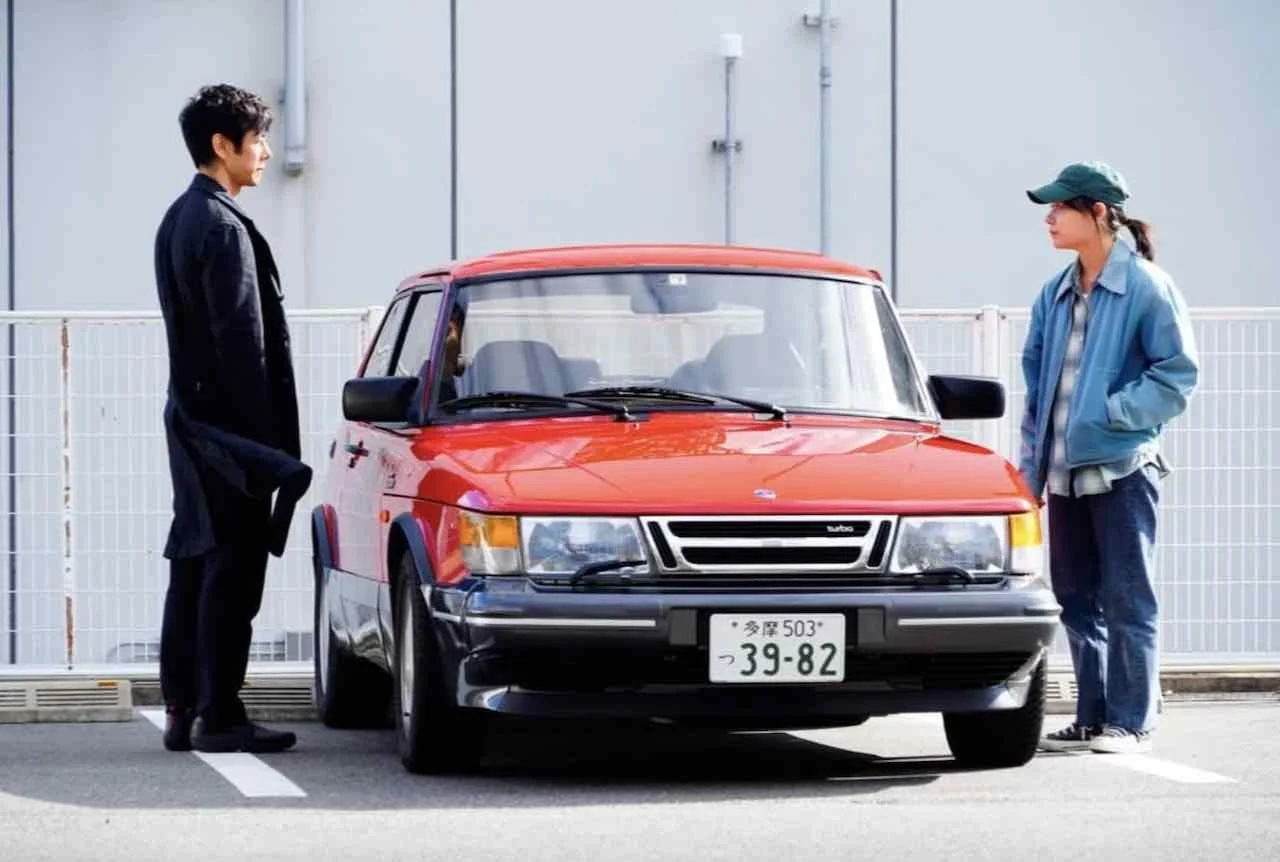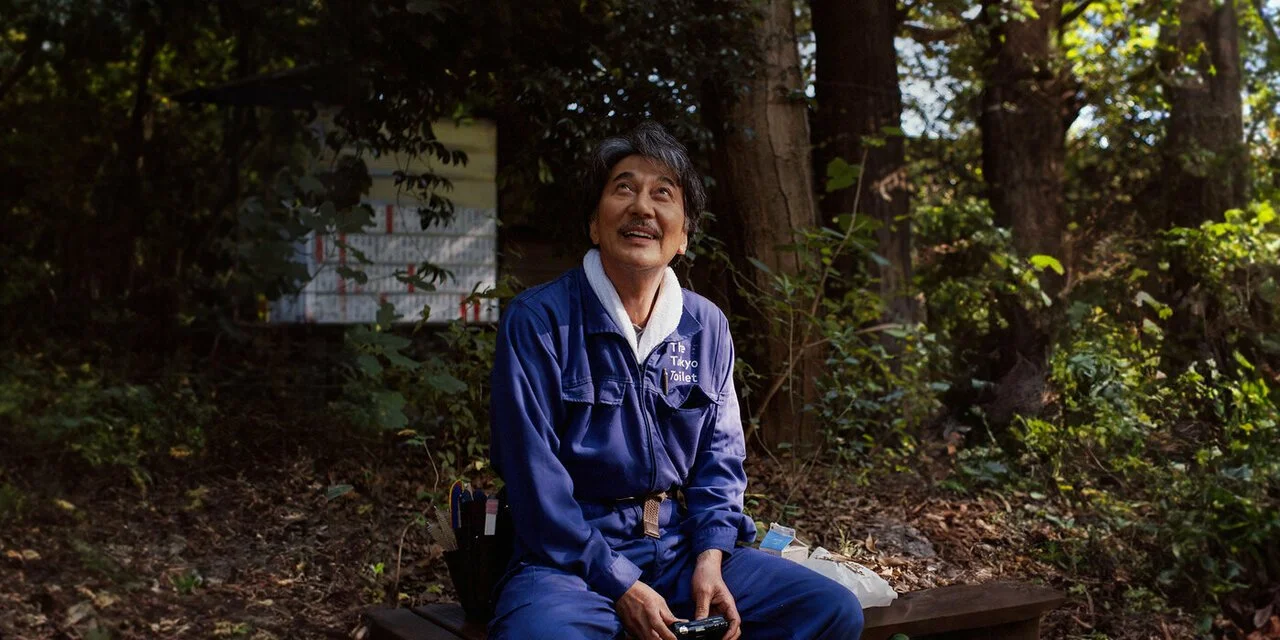Studies Suggest: Vol. 7
Studies Suggest showcases nice things that should be worth your time. It is a list of media I enjoyed recently or found interesting. There are no set rules for this. Maybe it’s a movie, an album, an interesting article, or basically whatever I like. It has been a while. Volume 7 comprises the best stuff from over a whole year.
Network
The transparent membrane between real life and virtual or fictional worlds seems increasingly porous these days. Outlandish spoofs like Idiocracy scarily look like premonitions, while The Simpsons predicted everything else anyway. Those prothetic qualities can also be attested to Sidney Lumet’s Network. Released in 1976, the media satire shows a world de-facto ruled by business conglomerates rather than political governments - god forbid democratic ones - and media clogging more and more of our headspace with the concept of news as entertainment and biased opinion-forming. Keep in mind that Sidney Lumet made this movie in the mid-70s! A satire in its time, Network feels all too close to home today in the worst way of life-imitates-art. The sequence of Peter Finch’s Howard Beale - a news commentator - who is coping with the cancellation of his show in a disturbing pseudo-epiphanic nervous breakdown is the legendary prime example. He’s suffering deeply but stays charismatically captivating and entertaining. So entertaining that his show stays on the air. Finally, “seeing clear” and “speaking it how it is,” he, of course, welcomes the prolonging of his show and uses his prominent spot on the airwaves to propel his hubristic gospel while spiraling deeper into his psychosis and all the while being spurred on by his producers because they profit off the attention he channels. After all, it’s a damn good show!
Being Ram Dass by Ram Dass
Being Ram Dass book cover.
Source: LSR Foundation
Oh, what a life Ram Dass (formerly Richard Alpert) had - or rather journey. Retelling his life with the help of companion Rameshwar Dass, Ram Dass takes us along. In brief, it almost reads like the story of a prophetical figure in some scripture. From a prodigal psychology professor at Harvard to one of the most prominent proponents of the therapeutic potential of psychedelic substances (mainly LSD). All before finding his illumination in India and returning to the United States as a kind of ambassador for his guru before gradually becoming a spiritual teacher for many himself. Initially driven by escapist, nihilistic impulses, driven by an internal war against himself, and a tendency to explore boundaries, his experiments with psychedelics led him down a road of discovery. Discovering all kinds of substances, discovering the world, discovering his mind, and - as cliché as it sounds - himself and his purpose in spitituality. Being Ram Dass is both a fascinating chronicling document of the times of the “psychedelic revolution” nonchalantly peppered with incredible name-drops and anecdotal stories, as it is a touching memoir. Although I could not relate to the Hinduistic part of the spiritual journey, the intentionality seemed honest at any point. One couldn't help but admire Ram Dass’ genuine portrayal of his life spent searching and connecting. A life lived as fully as imaginable - hardship and healing and all the in-between included.
New Ancient Strings by Toumani Diabaté & Ballaké Sissoko
New Ancient Strings cover.
Source: jpc
I became aware of this album like most of the internet when Donald Glover’s plea to “listen to “new ancient strings” outside” made its rounds again — this time with fewer memes and more people sincerely recommending the record. Mainly listening to more calming music lately, this album seemed to re-enter the online hive mind just at the right time for me. Featuring Malian musicians Toumani Diabaté and Ballaké Sissoko, both masters of the kora, a 21-string instrument, the eight instrumental duets convey a calming aura that is as rare as magical. Fittingly, they were recorded in a single live take in a marble corridor. On an additional magical note, the title New Ancient Strings is an homage to the 1970 album Ancient Strings, (as one can read, a legendary kora album) made by the musicians' fathers, Sidiki Diabaté and Djelimadi Sissoko. Simple: If it is the season, look for a sunny patch of grass in the sun, sit or lay down, and go “listen to new ancient strings outside”. (Bonus points if you bring a copy of Being Ram Dass to complete the mind-expanding, mentally calm virtue signaling to yourself.) Or wherever you need to calm down your mind with some beautiful music.
Sick of Myself
How numb do our privileged lives leave us? What happens when the social media-spawned “attention economy” takes over our realities, impacting our sense of self and interpersonal connections? Is status equal to attention? And what are we willing to do for attention? As usual with social satires, Sick of Myself isn’t so concerned about answering those questions. Instead, it ridicules the conditions that lead to those questions, as personified by our narcissist protagonist couple. He is an “artist” creating sculptures out of stolen luxury furniture, gaining traction in Oslo’s art world (and social elite). She finds herself drifting away more and more in the shade of his shadow, much to her discontent, until she grabs a - let’s say unconventional - opportunity to solidify her status as (most likely) the most interesting person in any room. While they jump right ahead into their respective spirals of escalating destruction, you want to scream at them: “What the hell is your problem?”. You’ll find yourself going back and forth between schadenfreude about their self-inflicted suffering and questioning yourself if your judgment is morally justifiable. It feels similar to realizing you might find someone unpleasant to be around because you recognize certain traits or habits in them you don’t like about yourself. Sick of Myself starts out ferociously but loses its stride towards slightly aimless feeling episodic sequences in its second half. Still, it definitely hit the kind of Scandinavian sweet spot (think Joachim Trier directs a script by Ruben Östlund) for me. REGARDLƎSS*
The Head Hurts but the Heart Knows the Truth by Headache (Francis Hornsby Clark & Vegyn)
The Head Hurts but the Heart Knows the Truth cover.
Source: bandcamp
The Head Hurts but the Heart Knows the Truth, and my heart knows: this was one of the most unique, intriguing, and surprising listens I had in a long time. The line between humanistically profound and dadaistic surreal is wafer-thin here as Francis Hornsby Clark’s spoken word lyrics read like many things. It could be a dream diary, a written stream of consciousness, sometimes an actual diary entry, sometimes the channeling of a divine realization about life - or all the above - over two sentences. Occasionally, one wonders if all spoken text is serious, and here and there, some irony or actual jokes slip in (Truisms 4 Dummies being the prime example). Again, it is unclear where those lines blur. Whatever the case might be, his writing struck a chord with me. I couldn’t wait to hear line after line of Clark’s text “performed” by an AI voice, oscillating monotonously over incredibly soothing production by none other than Vegyn (of Blonde fame (his new solo album THE ROAD TO HELL IS PAVED WITH GOOD INTENTIONS is excellent, too, albeit being a producer album in the more classical sense on which Vegyn shows off his skills and versatility)). Headache seemingly invented a new genre with this album (if there is more like this, please let me know). It feels like a moving and mesmerizing guided meditation on a multi-directional trip through semi-fictional dreams. I am happy they took us along on that ride.
Drive My Car
Ryūsuke Hamaguchi’s Drive My Car is as subtle and minimal as it is full of life. Based on a short story by Haruki Murakami, it follows a recently heartbroken, slightly cold-seeming actor and director from Tokyo who travels to Hiroshima to put on a theater production. Strange but increasingly heartwarming character dynamics ensue as he finds himself confronted by new surroundings and a new social circle. Especially the rides and (non-)conversations with his driver help them both to open up and deal with their respective pasts. While the compelling main storyline exposes two oppositely different men competing and letting their egos get the best of them, several side characters are so relatable you might wish for a standalone movie about them, too. Also, there are a lot of treasures for the “every frame a painting” faction. The shot of them smoking out of the car ceiling window alone - chef’s kiss! This movie is aesthetically stunning and captivatingly atmospheric with the clear objective of show-don’t-tell. Sometimes, what is not said can be more important than what is. If not for the next movie on this list, which shares some similar traits, Drive My Car would have been my favorite movie of recent years.
Perfect Days
I wish I could view my life as Wim Wenders views Hirayama‘s - the protagonist (may I say hero?) and spiritual vessel of Perfect Days. Living a minimalistic life, in material terms, his days are filled with his blue-collar job and clear routines. Wenders follows those routines like an affectionate documentarian and, almost as an aside, paints a beautiful, loving portrait of Tokyo. It is one of those films that makes you want to live in it for a while, not only because of the gorgeous shots but also to be even closer to the heartwarming serenity oozing out of Wenders’ direction and Kōji Yakusho`s masterful performance as Hirayama. He embodies everything many strive for in their overstimulated, stressed, and purpose-deprived everyday grinds. Hirayama does not view his routines and obligations as tedious or meaningless but takes them seriously and draws an appreciation for life itself and the present moment out of them. “Next time is next time, and now is now." In short, he is aware and content. Also, he is a man fascinated by beauty. May it be nature, the arts, or the kindness of the people he meets (and brings out of them). He observes it and allows himself to be open to being illuminated by it, not afraid to share his joy, resulting in genuine connections free of any underlying motives - just plain humanity. When I first saw Perfect Days, I left the cinema and looked up into the sky, just like Hirayama would. Rarely was the immediate positive impact of a film so undeniable — a mindful, calming, and life-affirming gem.
*addendum:
Portrait of a Lady on Fire: A deeply moving love story, masterfully executed. Watch this!
Image source: Neon
20th Century Boys: Naoki Urasawa is one of the great storytellers of the 20th (and 21st) century. Everything about this is awesome.
Image source: mazeek
If Beale Street Could Talk: A James Baldwin novel adapted by Barry Jenkins with a magnificent score? Count me in.
Image source: amazon
Lady Vengeance: Peak ParkChan-Wook. It does not get much better than this.
Image source: Braindead
Heaven: A quick but destroying read. Simultaneously outlandish and painfully realistic.
Image source: amazon
The First Slam Dunk: This anime movie about a basketball team made me cry. That's all there is to say.
Image source: mdb
Coffee and Cigarettes: Not aaaas slow Jim Jarmusch, because of the episodic structure but without losing any of its charm. Also, GZA, RZA, and Bill Murray in a scene is just an instant win.
Hiroshima Mon Amour: A shocking but important reminder of the dangers of forgetting, embedded in a touching love story. Gripping, unique, and pioneering.
Image source: pin


